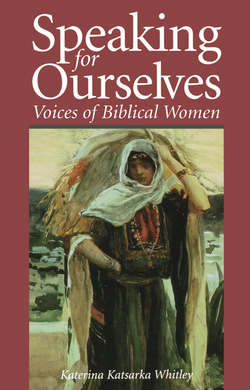Читать книгу Speaking for Ourselves - Katerina Katsarka Whitley - Страница 10
На сайте Литреса книга снята с продажи.
A Word about Dramatic Monologues
ОглавлениеPoetic dramatic monologues had a powerful influence in my life, and for that I owe thanks to Robert Browning and Professor R.N. Daniels of Furman University, who revealed Browning to me during a very impressionable semester of study when I was nineteen years old.
The dramatic monologues of Browning reveal character, and the drama in them, expressed only through the voice of the reader, strengthened my conviction that this was the best way for me to communicate the good news of God to others. My professors of speech and drama encouraged me in this.
So I studied what Browning did with his monologues and used portions of them in many of my own speeches. My faith in the incarnation was enlarged by Browning’s own magnificent affirmations at the end of some of his finest dramatic poems: “Kashish the Arab Physician,” “Cleon,” and “Saul.” In them, the speaker tells the story to a listener who never speaks but influences the course of the monologue with his silences or looks or even questions that no one else hears. Using only a few words, Browning lets us enter into the culture of that day, the speaker’s psyche, and the poet’s own convictions. So these monologues have many layers and subtleties.
